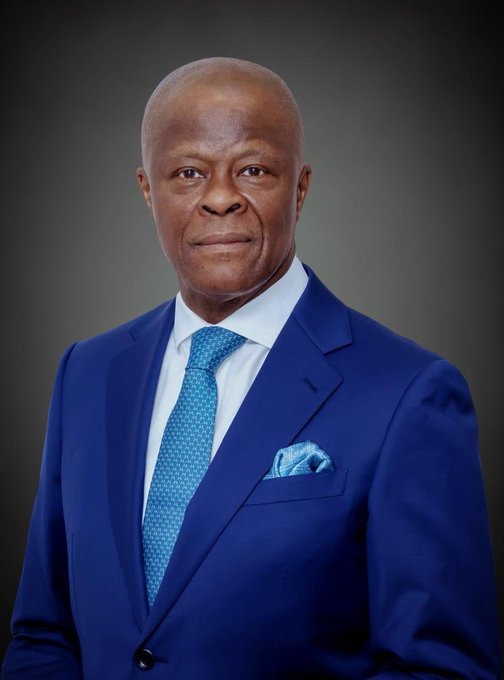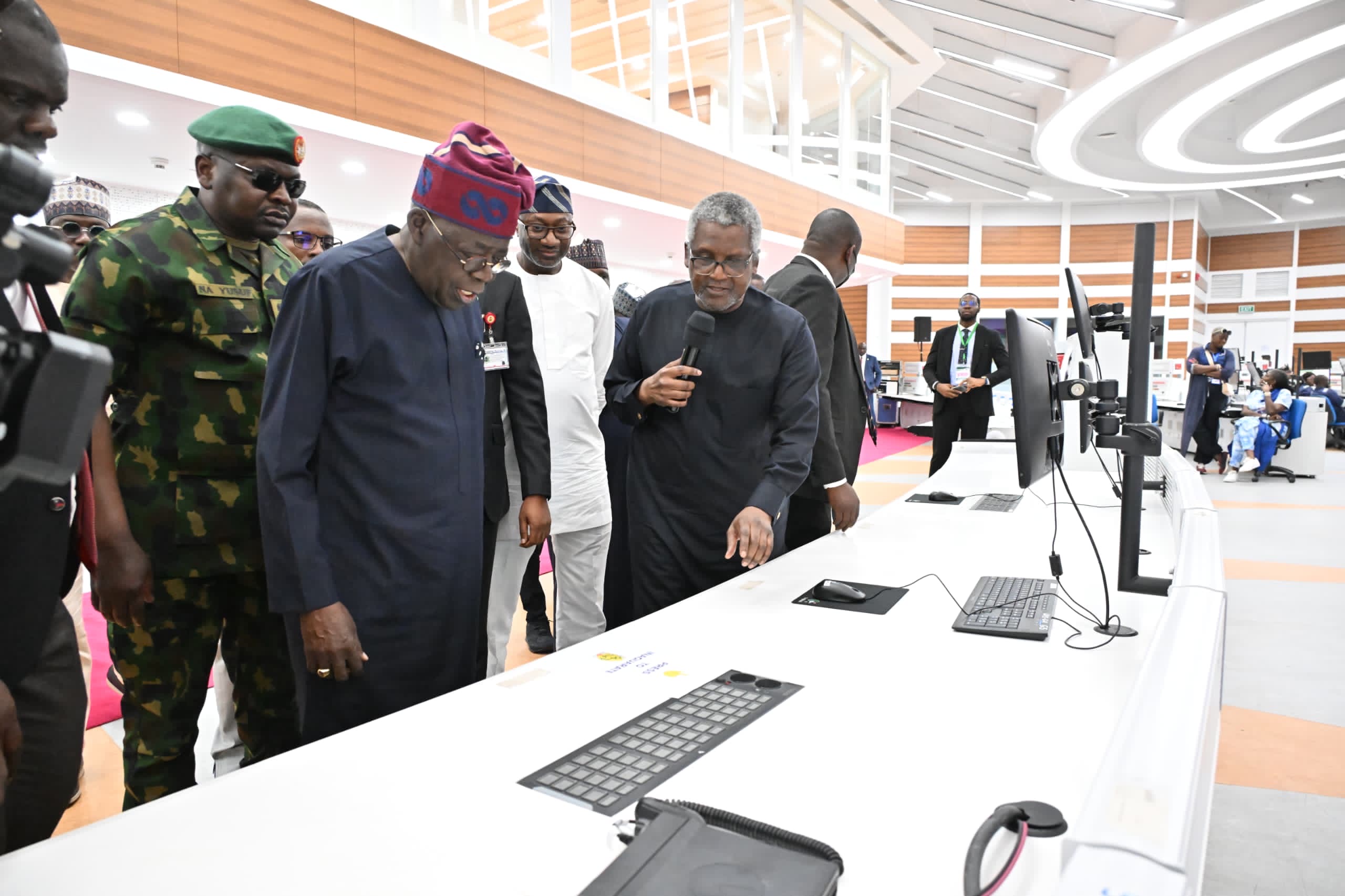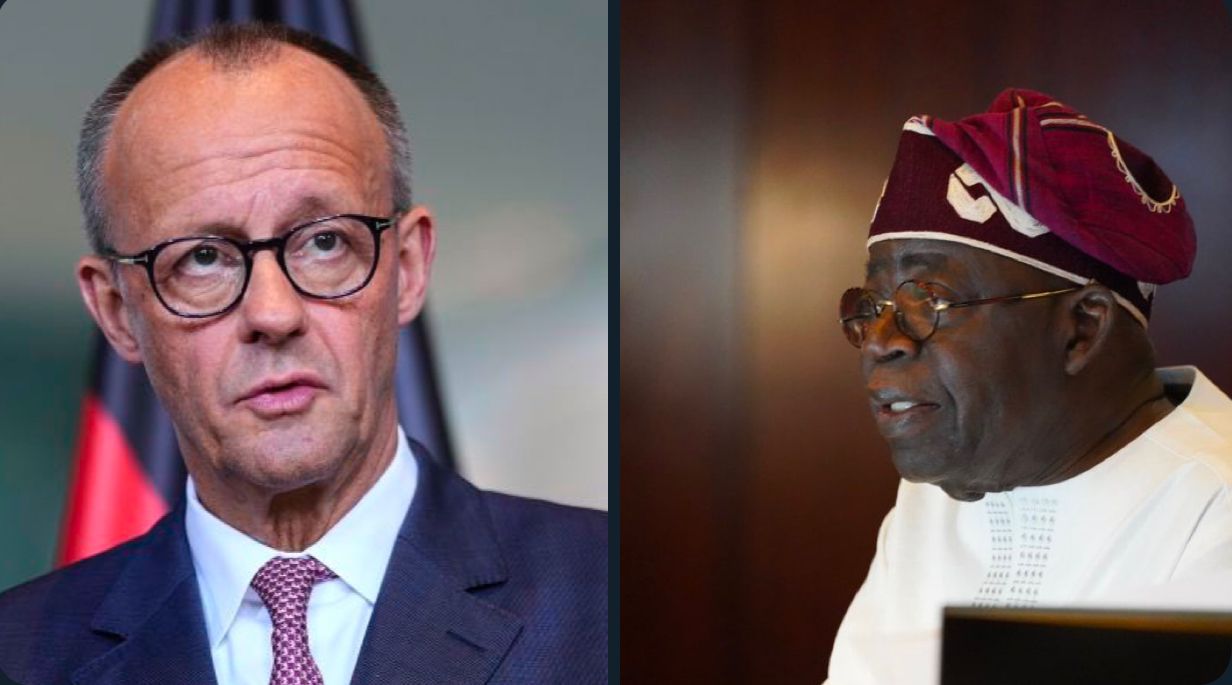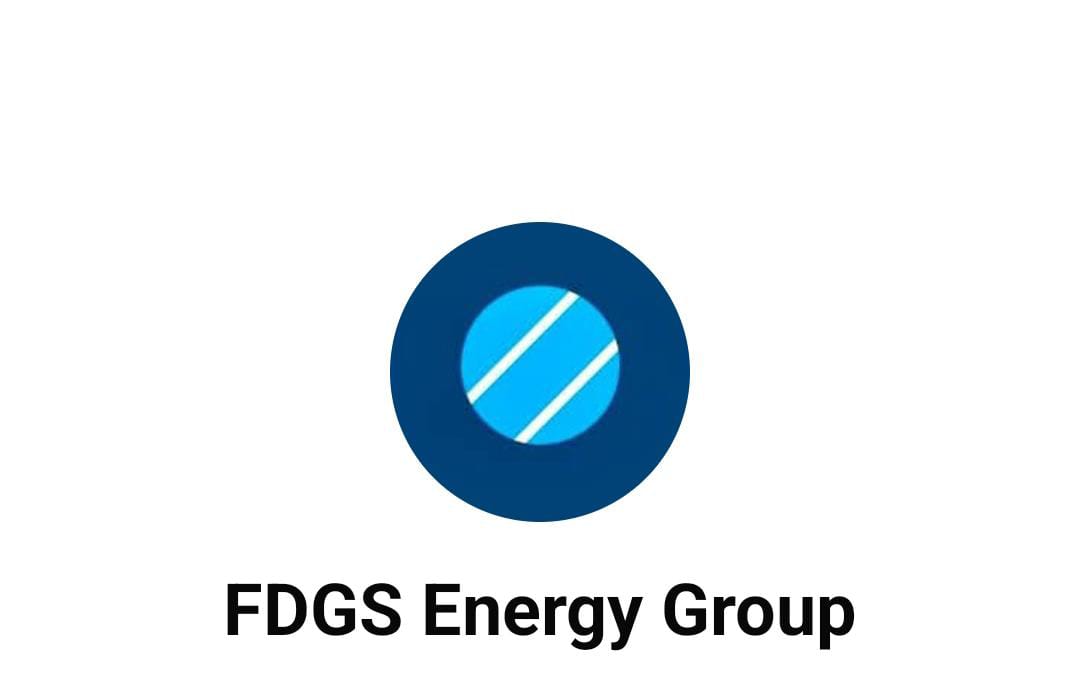How A New Trump Administration Could Shape United States – Africa Energy Relations
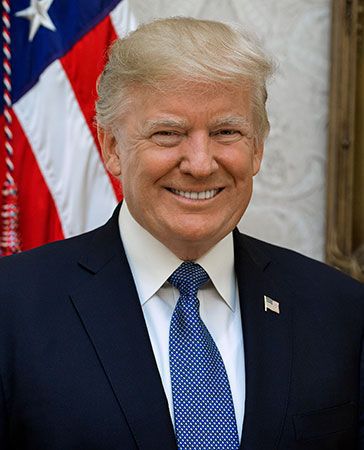
With the inauguration of U.S. President Donald Trump on January 20, the future of American involvement in Africa’s energy sector is set for a significant shift. President Trump’s approach to energy has consistently focused on strengthening American interests, particularly by prioritizing domestic energy production. However, as he aims to reinforce America’s global position, especially in energy-rich regions like Africa, his policies are expected to create new opportunities for U.S. investors in the continent’s oil, gas and energy industries.
A renewed focus on Africa comes at a pivotal time, coinciding with the upcoming Invest in African Energy 2025 Forum in Paris. The forum will showcase leading opportunities for global investors, including U.S. firms, to participate and form new partnerships in Africa’s energy sector. With the Trump administration expected to push for greater support of U.S. energy companies in Africa, the forum plays a critical role in connecting the U.S. investment community to emerging opportunities across the continent and highlighting the potential for increased collaboration between American investors and African nations.
Lessons Learned from the First Term
Under Trump’s first administration, U.S. involvement in Africa’s energy sector was shaped by a focus on revitalizing domestic production and reducing dependency on foreign oil. However, the administration also sought to strengthen trade relations, with initiatives like Prosper Africa aimed at boosting bilateral trade and investment ties. In the oil and gas sector, American companies like ExxonMobil and Chevron, already well-established in African markets, achieved several major milestones from 2017 to 2020. ExxonMobil launched its $30 billion Rovuma LNG development in Mozambique; Chevron expanded its operations in Angola’s deepwater Block 0; Kosmos Energy made significant discoveries offshore Senegal and Mauritania, paving the way for the Greater Tortue Ahmeyim LNG project; and Marathon Oil continued to expand its operations in Equatorial Guinea through the multi-phase Gas Mega Hub.
As President Trump returns to office, the focus will likely shift towards encouraging U.S. companies to expand their operations in Africa, particularly in the oil and gas sectors. A key question will be whether the Trump administration will provide greater support for American energy companies through financing mechanisms like EXIM Bank, not only for renewable energy projects, but also traditional ventures like natural gas. This support could provide a much-needed boost to U.S. energy firms seeking financing in a region rich with some of the world’s largest untapped fossil fuel reserves.
Shaping Global Perception of African Fossil Fuels
While global scrutiny over fossil fuels continues to intensify, President Trump’s influence could play a key role in countering the negative portrayal of African fossil fuels in international circles. Under his leadership, the U.S. may adopt a more pragmatic approach to African energy, advocating for policies that encourage American companies to engage in the continent’s oil and gas markets. This could foster a more mutually beneficial relationship between the U.S. and Africa, opening strategic opportunities for American companies while reinforcing their influence in a vital region. The Trump administration could also challenge the banking boycott that restricts financing for fossil fuel projects, particularly in developing regions like Africa. Such a stance would likely be welcomed by African nations, where oil and natural gas remain central to economic development and energy security.
Beyond government-backed financing, there are indications that President Trump will pursue policies that incentivize private U.S. sector participation in Africa’s energy markets. By providing a more favorable regulatory environment, Trump’s administration could ease the path for American investors looking to capitalize on the continent’s growing energy demands. With Africa expected to be a key player in the global energy transition over the coming decades, U.S. companies may be encouraged to participate in both new exploration and production, as well as projects focused on sustainable energy, such as natural gas, which is seen as a bridging fuel toward greener alternatives




